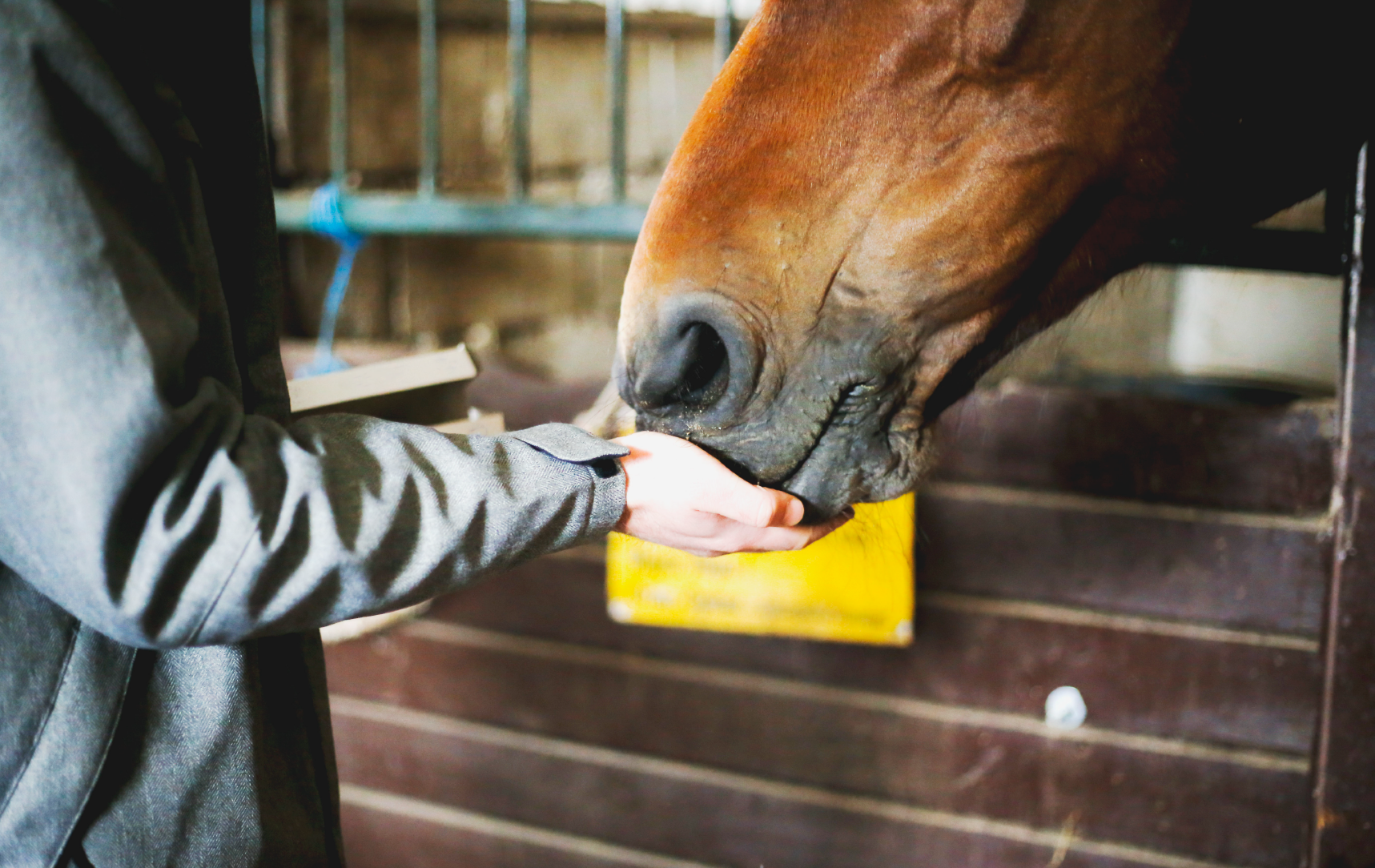Biosecurity is a set of principles, actions, precautions and protocols to protect your horses’ health by stopping the potential of disease and its spreading. But how important is it exactly?
Here’s 4 ways biosecurity can help protect horses:
Prevents disease introduction
Prevention is always better than cure. And when taking care of your horses, having measures in place can stop disease from entering their space in the first place. One way to reduce the risk of disease being introduced is ensuring deworming and vaccinations are up to date. Horse owners should also conduct a risk assessment for their horses, the yard, and the surrounding area. For help on this, you can download free guides and checklists from AGMA’s Stablemate website – specialists in equine biosecurity.
Another important measure is to ensure responsible human behaviour and everyday hygiene is implemented through regularly washing hands, clothes and boots. These practices should apply to visitors also.
One of the most apparent ways disease is also introduced is new additions to the yard. If there’s a new horse or new horses coming into the yard, they should be quarantined beforehand.
Controls the spread of disease
Rigorous biosecurity measures such as a good cleaning and disinfection routine within your yard, stables, and on surfaces is crucial in controlling the spread of infectious diseases. With 50+ years’ experience, and as a Royal Warrant holder to Her late Majesty the Queen, AGMA’s Stablemate equine cleaning and disinfection products can streamline your daily cleaning routine, kill bacteria and viruses, and enhance the horses’ environment.
For disinfection routine tips, Tim Varey from Batsford Stud, a highly regarded stud and foaling centre, tested and reviewed Stablemate products and talked through his routine in a blog post here.
As well as their surroundings, horse owners should disinfect equipment and ensure each horse has separate tack, rugs, feed, water buckets and grooming kits to reduce any risks.
Early detection and response
With biosecurity precautions in place to reduce the risk of disease introduction and spreading, it allows horse owners to respond rapidly and keep control.
With disease commonly brought into yards through new horses, it’s important to keep an eye on them. While signs such as changes in behaviour being a potential indicator, it can otherwise be difficult to identify disease as there may not be any obvious signs. As well as quarantine, it’s recommended you have a procedure in place to monitor your horse/horses to rule out disease, such as having your vet do tests and regularly monitoring their temperature, as well as food and water intake.
Protects horse health and welfare
The actions of biosecurity measures not only helps prevent issues within your yard – it can also help protect the well-being of the horses themselves.
Food, water and bedding should be processed, transported and stored in a way that avoids the potential of being exposed or contaminated.
It’s also important to have a routine in place where manure is removed from horse yards, stalls and paddocks regularly to reduce the chance of infection accumulating.
Overall, it’s clearly incredibly apparent that biosecurity measures are important, and should be adhered to – especially with the potential risks that could occur. For more information on some of these precautions, we previously explored them in detail in a blog post here.
If you’d like some free guidance, tips and checklists, you can visit our website here and download helpful information around biosecurity, biosecurity plans, event biosecurity, quarantine, and yard risk.
For more information on achieving a cleaner, fresher, and safer equine environment to enhance your biosecurity, you can download our brochure to explore our products here.


